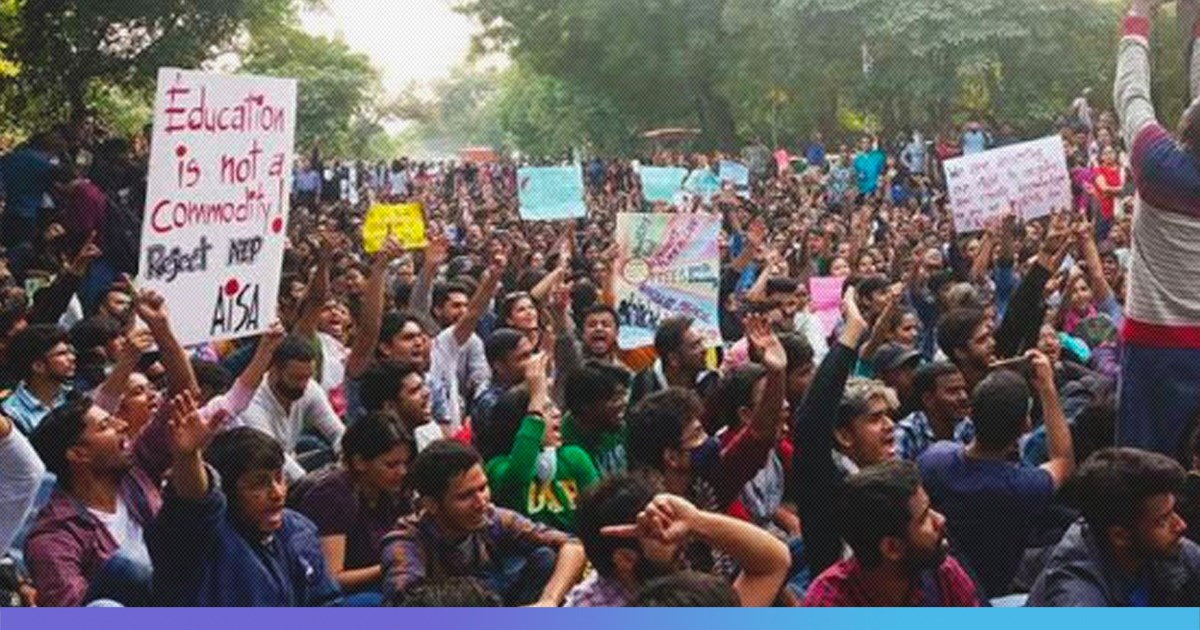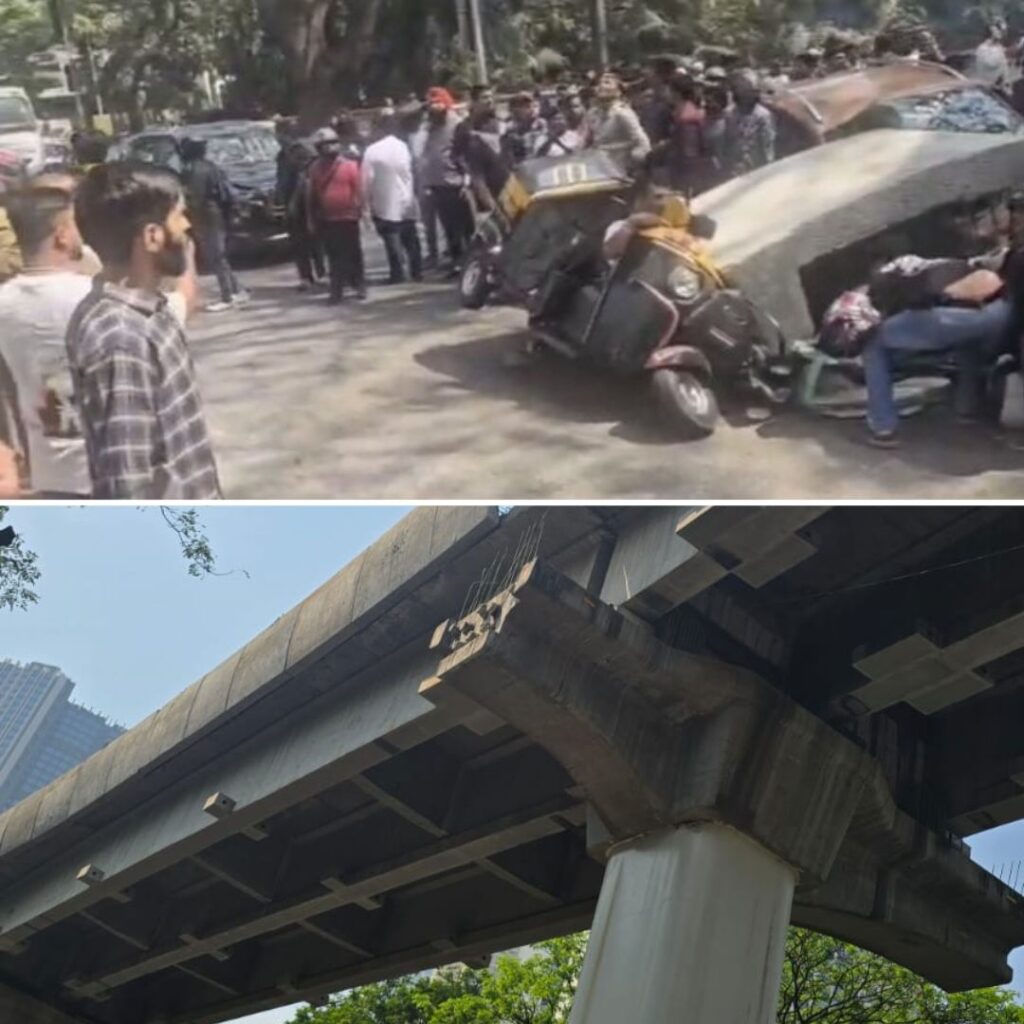Student protests across the country saw a surge in 2019. From IITs to JNU, from Chennai to Uttarakhand, students across institutions all over the country took to streets to make their voices heard in the clamour of lathis. The rampant fee hikes across institutions are making higher studies more and more inaccessible to the poor students.
Fee Hike Woes
Students from underprivileged backgrounds can pursue higher education at the government institutes due to subsidised fees contrary to private institutes. Universities like JNU provide such an opportunity at a very reasonable cost.

Hindustan Times
However, the recent 300 per cent hostel fee hike in the JNU has caused an uncomfortable stir within students resulting in protests and marches against the government. How a simple demand led to such violent repercussions is something any common thinking man would like to ask questions. Delhi Police resorted to lathi-charge to stop the protests, which resulted in many injuries.
The administration said to have brought about a rollback in the hike, but the effects of it have not been seen.
Indian Institute of Technology students around the country also took to streets after the HRD ministry decided to increase the fees for the MTech course as well as discontinue stipend to the students. The ten-fold increase in fees was non-acceptable for students. The collective group of IIT-BHU students had taken part in the agitation in New Delhi to protest against the hike.
In Uttarakhand, private Ayurvedic colleges’ students are protesting for over 50 days against the fee hiking from ₹80,000 to ₹2,00,000 per annum despite the high court order to roll back the fee hike. Most of the colleges are owned and run by the BJP leaders and ministers.
More institutes like BITS Pilani and TISS Hyderabad had also gathered together to protest against the increase of fees.
Justice For Fathima Latheef
Fathima Latheef, an IIT Madras student had committed suicide on November 9. Her family had accused college faculty members of harassment and discrimination on the religious lines. Two students named Azhar Moideen and Justin Joseph had gone on a hunger strike to demand justice for Fathima.

The Quint
IIT Bombay also took part in the protest in their city demanding quick action to be taken against the perpetrators. Mumbai University’s Kalina campus also came out to protests against the student suicides as well as the rising fee hike in JNU.
Against The Citizenship Bill
The winter session of parliament will witness the passing of the Citizenship (Amendment) Bill which will provide religious communities who allegedly escaped Pakistan, Afghanistan and Bangladesh due to communal persecution.
Union Home Minister Amit Shah on several occasion has referred to communities other than Muslims being placed in the Bill.
The bill also poses a threat to the interests of the indigenous groups in Assam. The final Assam National Register of Citizens list which came out in September excluded almost 20 lakh people including some indigenous people. The members of the All Assam’s Student Union (AASU) marched towards the Raj Bhavan in Guwahati agitating against this communal bill.
Doctors Fighting For A Secure Future

The Times of India
Students of the Glocal Medical College in Saharanpur have been demanding a transfer to a Medical Council of India recognised college as their institute was barred by the council for not adhering to the guidelines. The protests took place in October 2019, but their demands have fallen on deaf ears.
Also Read: JNU Students Continue Protests Against Fee Hike, Lathi Charged While Marching Towards Parliament













